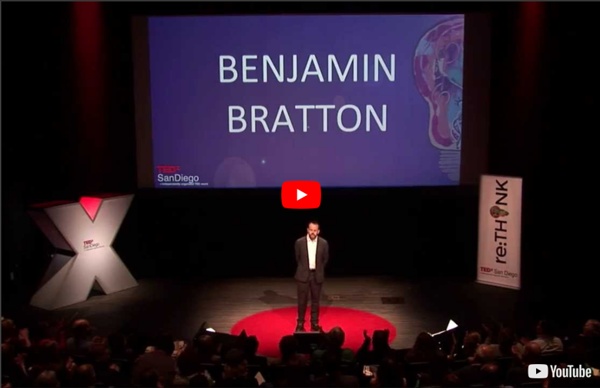Benjamin Bratton: New perspectives: What's Wrong with TED Talks? at TEDxSanDiego 2013 - Re:Think

8 math talks to blow your mind
Mathematics gets down to work in these talks, breathing life and logic into everyday problems. Prepare for math puzzlers both solved and unsolvable, and even some still waiting for solutions. Ron Eglash: The fractals at the heart of African designs When Ron Eglash first saw an aerial photo of an African village, he couldn’t rest until he knew — were the fractals in the layout of the village a coincidence, or were the forces of mathematics and culture colliding in unexpected ways? Here, he tells of his travels around the continent in search of an answer. How big is infinity? Arthur Benjamin does “Mathemagic” A whole team of calculators is no match for Arthur Benjamin, as he does astounding mental math in the blink of an eye. Scott Rickard: The beautiful math behind the ugliest music What makes a piece of music beautiful? Benoit Mandelbrot: Fractals and the art of roughness The world is based on roughness, explains legendary mathematician Benoit Mandelbrot.
Related:
Related:



